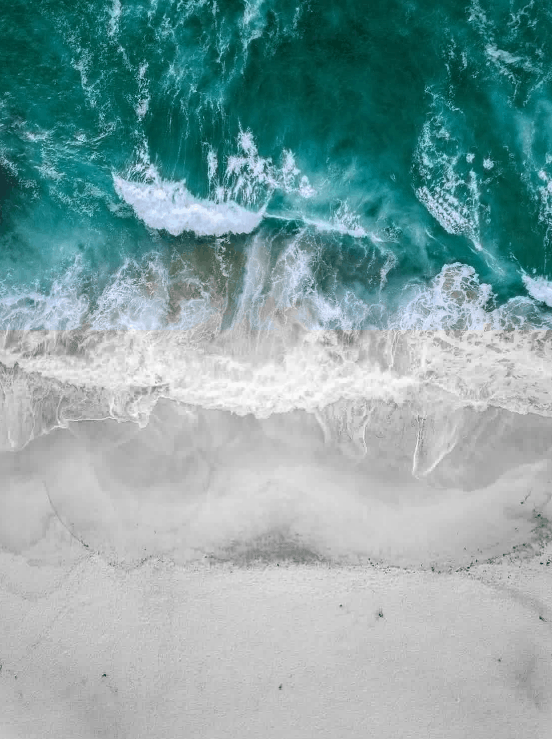Returning to Diving After DCS
Decompression disorders are known to be complex and after one has suffered from a bout of DCS, or the bends as it is more commonly known, some people are eager to resume diving. And while this may not make sense to those of you out there who have never tried their hand at diving, we at Maui Scuba Mike completely understand the feeling. The good news is that in general suffering from a bout of DCS in the past does not mean that you cannot get right back into the water – eventually. So, while there is no substitute for a proper medical evaluation, you should find the following information helpful.
Medical Clearance
Obviously, the first thing to consider when making the decision of when and whether or not to return to diving is the advice of a medical profession. Generally speaking, if you have had Type I DCS – which usually leaves no long lasting complications and is caused by exceeding dive profiles or ascent rates – then most doctors conclude that you will be able to return to diving in about four weeks. However, since there are other forms of DCS, your doctor might recommend courses of action that range from adopting a more conservative diving pattern such as no decompression dives, bottom times halved, maximum depth 50 feet and surface intervals of six hours.
The First Dive after Recovering from DCS
People who return to diving after recovering from DCS should play it safe. Sure, diving is a lot of fun and we would never want divers to be deprived of that, but former DCS sufferers should temper their excitement with caution. When you have returned to take your first dive, be sure to look out for physical signs of discomfort such as tingling sensations, slight pains, and feelings of pressure that are out of the ordinary. Beyond listening to your body, as you should always do, here are some more tips for those of you who are returning to diving after experiencing DCS:
- Dive with Nitrox – a gas mixture composed of nitrogen and oxygen available in tanks – but set your dive computer to “air” or “21%”.
- Use a slow ascent rate of 20 to 30 feet per minute.
- Avoid intense exercise during the post-dive hours.
- Avoid hot showers and hot tubs. Take warm showers only.

In conclusion, DCS can happen to anyone regardless of their diving skill level. However, by seeking out the counsel of your doctor and by taking the appropriate precautions you can likely return to the sport and enjoy our Maui scuba tours with a reduced risk of future complications. Our private scuba lessons in Maui are conducted by PADI certified instructors who can help you return to scuba diving after an extended absence.

